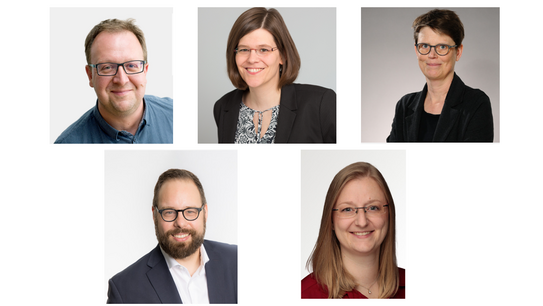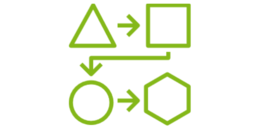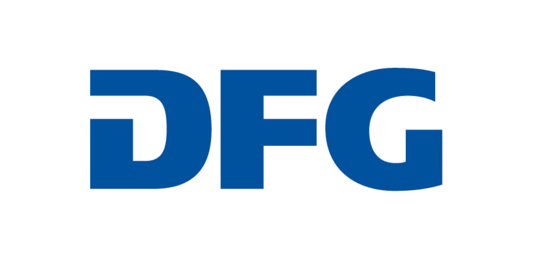Collaborative Research Centers (CRC) and Transregios (TRR)
Collaborative Research Centers (CRC) and their location-distributed variant Transregio (TRR) represent the most prestigious funding of the Deutsche Forschungsgemeinschaft (DFG, German Research Foundation) outside the Excellence Strategy. Collaborative Research Centers (CRC) are large, open-topic, and interdisciplinary research collaborations lasting up to 12 years, which allow participating researchers to engage in long-term research on innovative, basic research-oriented issues. A Collaborative Research Center is a distinction of the international level of research and functions as a structure-building element and research focus of the university. The two-stage application process takes about 2 years and requires a special degree of internal university coordination.
Requirements
The Collaborative Research Center or Transregio format places special demands on the interdisciplinary and cross-department research program, which is composed of individual, coherent subprojects, as well as on the spokesperson, who must be specially qualified and have the corresponding management competence. This form of collaborative funding is unique in its funding period of up to 12 years and its intended special significance for the formation of structures at the applicant university. It enables the processing of very complex and demanding research topics based on special preliminary work and own resources.

Specifics in the application for CRC/TRR
TU Dortmund University supports the application process for Collaborative Research Centers and Transregios. TU Dortmund University has developed application processes to provide its researchers with the best possible support.
Services and contact persons
The Rectorate offers comprehensive financial support for the submission of proposals for Collaborative Research Centres (CRC) and Transregios (TRR). This support includes the preparation of a project draft as well as the preparation of a full proposal if funding is not possible via your chair or faculty funds. In the draft phase, funding for a research assistant position (50%) can be provided for up to 6 months upon application. In the full proposal phase, a research assistant position can be funded for up to 12 months upon request (100% for CRC/TRR). This is based on the current DFG personnel funding rates (doctoral candidate and comparable). Prerequisites for funding are the assumption of spokesperson, a significant participation of TU Dortmund University in the network and a concrete concept in the outline phase. The application forms are available on request from Research Support Services.
The Rectorate provides support as early as the first step in brainstorming and forming a consortium for a DFG collaborative project. Contact person in the Rectorate is Dr. Gunter Friedrich.
The team member of the Grants Services responsible for your Department will be happy to assist you in submitting a proposal to the DFG. The range of services offered by Research Support Services includes:
- coordination of contact persons within the university administration
- annotated templates and guidelines
- information about cross-sectional topics such as research data management, support for early career researchers, and equal opportunities
- comprehensive advice in all phases of the application process
- strategic feedback on your proposal
- support in the planning and preparation of on-site review.








